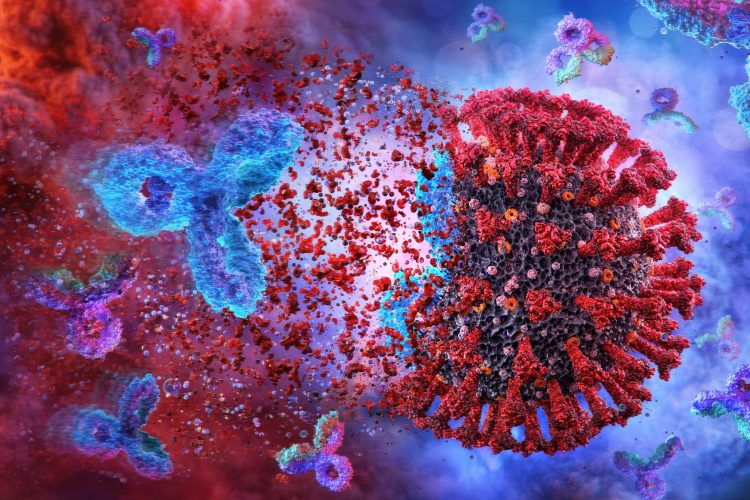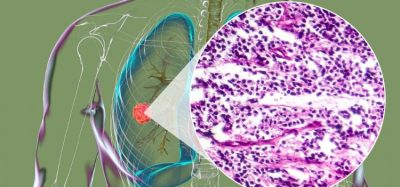COVID-19 antibody therapies safe and effective for transplant patients
Posted: 11 June 2021 | Hannah Balfour (European Pharmaceutical Review) | No comments yet
Monoclonal antibody therapies found to reduce progression to severe disease, risk of hospitalisation and death in transplant recipients with mild to moderate COVID-19.


New study data demonstrates that monoclonal antibody (mAb) therapies are safe and help prevent serious illness in solid organ transplant recipients suffering mild to moderate cases of COVID-19. The findings, stated the study authors, are especially important because transplant patients who are infected with COVID-19 have a higher risk of severe illness and death.
“Monoclonal antibody therapy is really important for the transplant population because they are less likely to develop their own immunity. Providing them with these antibodies helps them recover from COVID-19,” explained Dr Raymund Razonable, a Mayo Clinic infectious diseases specialist and the senior author of the study published in Open Forum Infectious Diseases.
The retrospective study focused on the first 73 solid organ transplant patients who received monoclonal antibody infusions for treatment of mild to moderate COVID-19 between 19 November 2020 and 23 January 2021 at Mayo Clinic. Median time from COVID-19 symptom onset to antibody administration was four days in non-hospitalised patients and six days among hospitalised patients. By transplant type, 41 participants received kidney transplants (56.2 percent), 13 liver (17.8 percent), 11 heart (15.1 percent), four kidney-pancreas (5.5 percent), two lung (2.7 percent), one heart-liver and one pancreas. Approximately 75 percent of the patients received bamlanivimab, a mAb developed by Eli Lilly and Company.
Overall, eleven patients had an emergency department visit and nine patients were hospitalised. However, the authors noted that none of the mAb therapy recipients required mechanical ventilation, died or experienced organ rejection. A total of 10 adverse events occurred in the study and only one required care in the intensive care unit, this was for a non-COVID-19 indication.
From these results the investigators concluded that mAb treatment appears to have favourable outcomes with minimal adverse effects in solid organ transplant recipients with mild-to-moderate COVID-19. But they noted that earlier administration of the therapies appeareds to be more efficacious.
Monoclonal antibodies help prevent the SARS-CoV-2 virus that causes COVID-19 from binding to and thus infecting human cells. This inhibition helps prevent the spread of infection. In fall 2020, the US Food and Drug Administration (FDA) authorised the emergency use of bamlanivimab and casirivimab-imdevimab to treat mild to moderate COVID-19 in patients with a high risk of becoming seriously ill. But, since the safety and efficacy of these therapies for transplant patients remained unknown due to the limited clinical data, said Dr Razonable, many health care institutions initially hesitated to set up infusion centres.
He concluded that the study results highlight the important role monoclonal antibodies can play in treating transplant patients with mild to moderate COVID-19 and that knowing how best to treat these patients remains crucial, given that recent studies indicate that COVID-19 vaccines are not as effective for transplant patients.
Related topics
Antibodies, Biologics, Clinical Trials, Drug Development, Drug Safety, Immunotherapy, Research & Development (R&D), Therapeutics, Viruses









